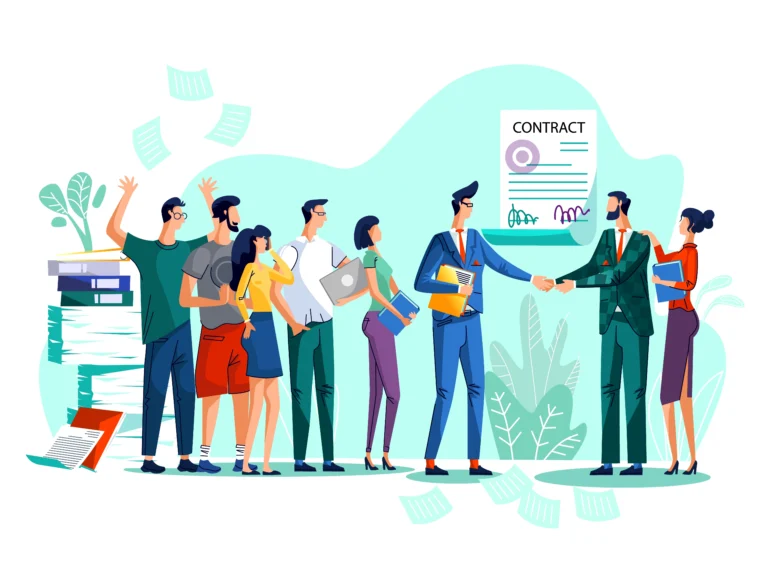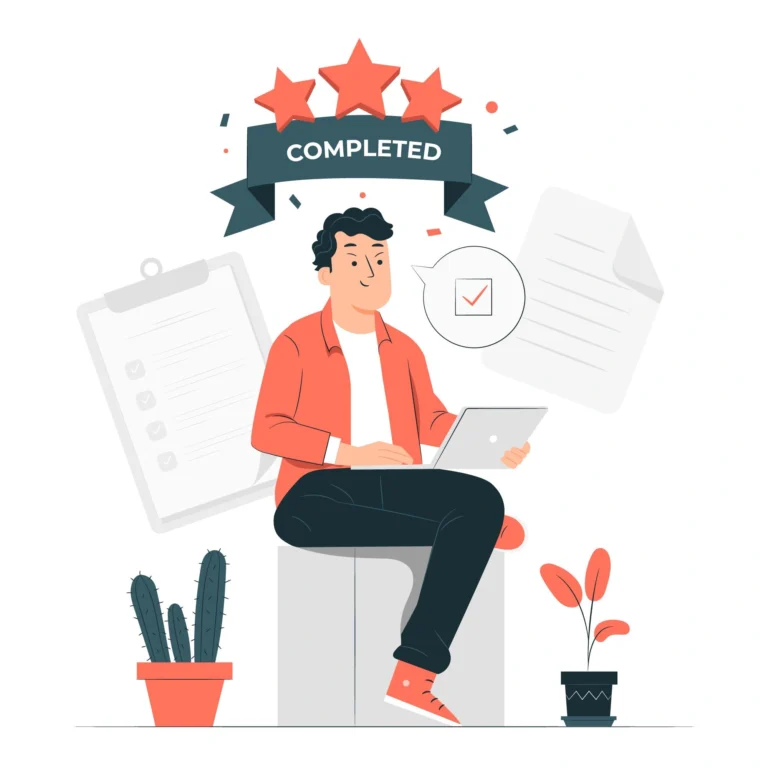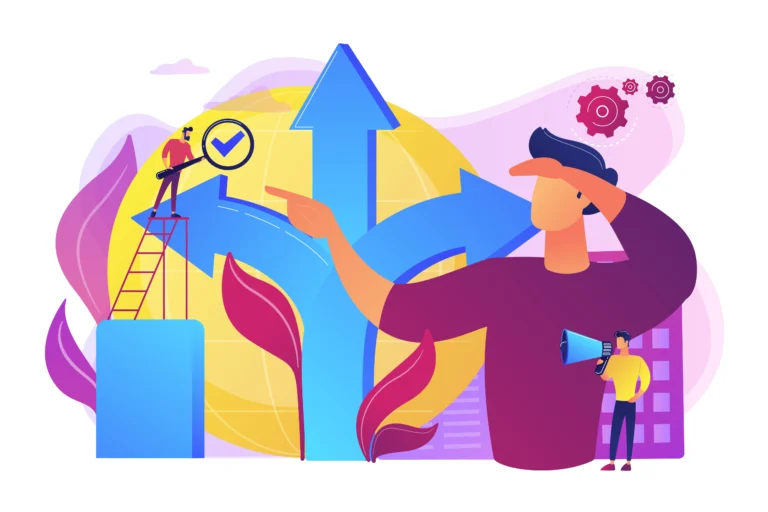Unlock the Hidden Job Market: 9 Proven Strategies to Get Hired Faster
Unlock the hidden job market with 9 proven strategies. Learn how to find jobs before they’re posted using networking and insider tactics.
Career development isn’t just about climbing the corporate ladder — it’s about building a future that aligns with your skills, passions, and values. Whether you’re starting fresh, aiming for a promotion, or switching fields entirely, the right career strategies can help you take control of your professional journey and achieve the success you envision.
In today’s competitive job market, developing your career is no longer optional; it’s a lifelong process. Let’s explore practical steps, proven strategies, and mindset shifts that can unlock opportunities you never thought possible.
When you invest in career development, you’re essentially investing in yourself. It gives you a competitive edge, boosts your confidence, and ensures you remain relevant even in fast-changing industries.
Your career is your responsibility. If you don’t design your path, someone else will design it for you — and you might not like where it leads.
Setting clear, realistic, and measurable goals is the foundation of any successful career plan. These goals give you direction, motivation, and a benchmark to measure your progress.
Actionable steps:
Define where you want to be in the next 1, 3, and 5 years.
Identify the skills, qualifications, and experiences needed for each stage.
Break big goals into smaller, achievable milestones.
The job market evolves rapidly, and so should your skill set. Focus on both hard skills (technical abilities) and soft skills (communication, leadership, adaptability).
Examples of in-demand skills in 2025 and beyond:
Hard skills: Data analysis, digital marketing, project management, AI integration, coding.
Soft skills: Critical thinking, problem-solving, teamwork, emotional intelligence.
Pro tip:
Enroll in online courses, attend workshops, or pursue certifications to show employers that you are committed to continuous growth.
Networking isn’t just about collecting business cards or adding people on LinkedIn — it’s about building genuine, mutually beneficial relationships.
Networking strategies that work:
Attend industry conferences, webinars, and networking events.
Join professional associations and online communities.
Offer value first; help others before asking for help.
Your network is your net worth.— Porter Gale
Technological advancements, AI disruption, and changing work models mean that career success depends on adaptability. Commit to lifelong learning to remain competitive and open to new opportunities.
Ways to keep learning:
Listen to industry podcasts during your commute.
Read books and subscribe to niche newsletters.
Experiment with side projects to gain hands-on experience.
Mentors can help you avoid common mistakes, make informed decisions, and accelerate your career growth.
How to find a mentor:
Look within your current company for experienced leaders.
Reach out to professionals in your field via LinkedIn.
Participate in mentorship programs offered by professional bodies.
Feedback tip:
Don’t wait for annual reviews — ask for feedback regularly to identify areas for improvement.
Career growth isn’t always linear. Sometimes opportunities come disguised as challenges or unexpected shifts. By staying open to change, you increase your chances of discovering exciting new paths.
Mindset shift:
View change as a chance to learn, not as a threat.
Be willing to pivot if a better opportunity arises.
Tracking your career development ensures that you’re moving toward your goals.
Ways to measure progress:
Keep a career journal of achievements, lessons, and milestones.
Set quarterly check-ins with yourself or your mentor.
Celebrate even small wins — they build momentum and motivation.
Career development is not a one-time event; it’s a continuous process of learning, adapting, and taking proactive steps toward your goals. By identifying what you want, building valuable skills, expanding your network, and staying open to new possibilities, you can create a career path that is both fulfilling and future-proof.
The best way to predict your future is to create it. — Abraham Lincoln

Unlock the hidden job market with 9 proven strategies. Learn how to find jobs before they’re posted using networking and insider tactics.

Discover 7 powerful modern job search strategies to land interviews faster — plus, try our free Mindset Block Identifier Tool to overcome hidden barriers.

Feeling stuck or scared? Use this free interactive tool + mindset tips to overcome career change anxiety and take bold steps with confidence.

Feeling stuck at work? Discover 11 clear signs it’s time for a career pivot—plus take a free quiz to assess your switch readiness instantly.

Feeling drained at work? Spot the signs of a toxic workplace with our Red Flag Detector quiz, expert tips, and career clarity tools.

Take the free Career Confidence Test to assess your clarity, readiness, and mindset for growth. Get your score out of 50 and unlock personalized tips to elevate your professional path.

Take this quick “Should I Quit My Job?” quiz to find out if it’s time to stay, explore new roles, or make a bold career change. Personalized results.

Age discrimination in hiring isn’t always overt. It shows up subtly when you’re left off invite lists, out of introductions, and behind on trends everyone else seems to know.

Discover 9 powerful steps to gain career clarity, align purpose with passion, and take our free Career Clarity Quiz to find your ideal path.

Thinking of a midlife career change? Discover expert strategies, real-life tips, and a roadmap to redefine your path with confidence in 2025.

Discover 12 actionable strategies to future-proof your career in today’s fast-changing world. Learn how to adapt, upskill, and thrive amid disruption.